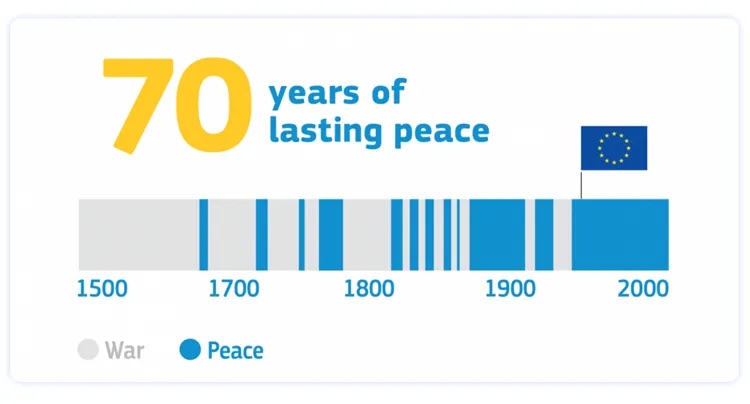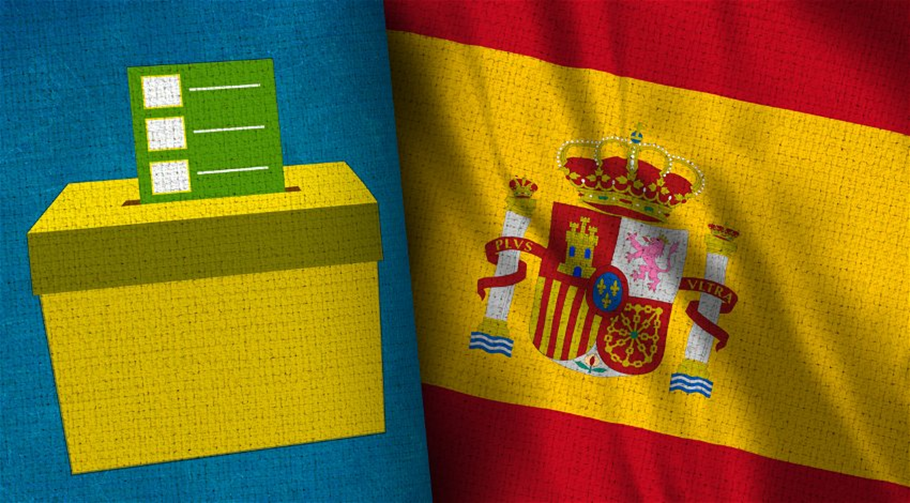
Hunt for optimism
The chancellor’s economic plans for growth require a good dose of optimism, a dollop of delusion and some rose-tinted spectacle
On Friday morning, Chancellor Jeremy Hunt outlined his economic plans for growth to a business audience in London. In his first major speech since the Autumn statement in November, he promised to use “Brexit freedoms” to boost economic growth in the UK.
According to Hunt, Britain is “poised to play a leading role in Europe and across the world” and the government’s plan for growth “is necessitated, energised and made possible by Brexit”. All that’s required is a good dose of optimism, a dollop of delusion and some rose-tinted spectacles.
LIVE: Chancellor Jeremy Hunt gives a major speech on his plans for the UK economy at Bloomberg's London headquarters https://t.co/P0xBGI1tgG
— Bloomberg UK (@BloombergUK) January 27, 2023
Not all doom and gloom
Hunt criticised the media for suggesting that Britain is facing an “existential crisis” and “teetering on the edge”. The “gloom” being expressed about our country’s economic outlook was “based on statistics that do not reflect the whole picture”. Statistics, it seems, can only be relied upon when they support the story that the government is trying to peddle. In a desperate attempt to find some evidence of growth during the government’s time in power, Hunt could only state that the UK had “grown faster than France, Japan and Italy” by going back to 2010.
Without a hint of irony, Hunt suggested that “confidence in the future starts with honesty about the present”. Not sure when, exactly, that honesty about Brexit is expected to start, but there certainly was little to be found in this speech. Or any mention of so-called Brexit benefits.
When challenged to concede that Brexit was causing problems for business, Hunt admitted there had been some “short term disruption”, but said it was wrong to focus on those issues “without looking at the opportunities”. Whether business owners are cognisant of those unidentified opportunities, or would agree that three years of disruption could be classed as ‘short term’, is another matter altogether.
Hunt’s cunning plan
The plans for growth seem to rely on three things, all supposedly made possible by Brexit and based on “British genius” and “hard work”. The first – “restraint on spending” – effectively means £100bn being cut from government spending over the next two years. But balancing the Treasury budget does not equate to balancing the economy – or levelling-up, for that matter – and public services need investment, not further cuts.
Then we have Hunt’s plan to turn the UK into “the world’s next Silicon Valley”. Not exactly a new idea, and we’re hardly overrun with recent examples of entrepreneurial success. Hunt also aims to exploit “the freedoms which Brexit provides” and raise productivity levels. As with all other elements of his cunning plan, the details of how and when were left entirely to our imaginations.
Ian King on Jeremy Hunt's speech.
"Not really many people appeared to be paying much attention to his speech… CNBC didn't even bother discussing it… it was just a typical boilerplate speech… so that gives you a flavour of the reaction… " pic.twitter.com/4MV5hhkCg9
— Haggis_UK 🇬🇧 🇪🇺 (@Haggis_UK) January 27, 2023
The reaction
If Hunt was expecting wide coverage for his speech, he was to be disappointed. The leading business channel in Europe – CNBC – didn’t even bother to cover it.
The British Chambers of Commerce (BCC) highlighted the failure to announce detailed proposals as a lack of “meat on the bones of his vision”. The BCC also drew attention to the fact that energy costs and exports had not been mentioned. Although Hunt’s plan was a start, they said, we have moved “no further forward”. They ended their response by suggesting that the chancellor read the BCC’s own business manifesto “for realistic policies to help get back to growth”.
Pretty blistering response from @britishchambers boss @BCCShevaun to @Jeremy_Hunt speech today. 🔥 “very little meat” and nothing on energy costs and exports (don’t mention the B word). #brexit pic.twitter.com/EijP8Nheab
— Peter Foster (@pmdfoster) January 27, 2023
Labour’s shadow chancellor, Rachel Reeves, agreed with Hunt that the UK has “so much potential”. Unsurprisingly, she claimed only her party could seize the opportunities and pointed out the economic failings of the last 13 years of Tory government.
Sarah Olney, the LibDems Treasury spokesperson, compared the chancellor’s comments to “an unfaithful partner asking for yet another chance”, adding “why should we trust them again?” Why indeed! The government’s record, she added, was “nothing less than a shambles” and the public would see through this “desperate attempt” to rewrite history.
On the government website, Hunt’s speech is described as “his vision for long-term prosperity in the UK”. A long-term view will be of little comfort to those feeling the effects of the cost-of-living crisis right now. Or to businesses suffering from additional red tape and expense thanks to Brexit. Considering that the Conservatives are likely to be kicked out of power next year makes such claims rather pointless. No wonder so few bothered to pay much attention.
Collins English dictionary defines optimism as “the feeling of being hopeful about the future or about the success of something in particular”. Not for the first time, we are being asked by the government to ignore reality and be optimistic about our country’s future. We are being entreated to believe in the cult of Brexit, despite all the evidence of economic damage and the government’s own appalling record of management. It might have worked six years ago. It might even have worked three years ago. It won’t work now.














